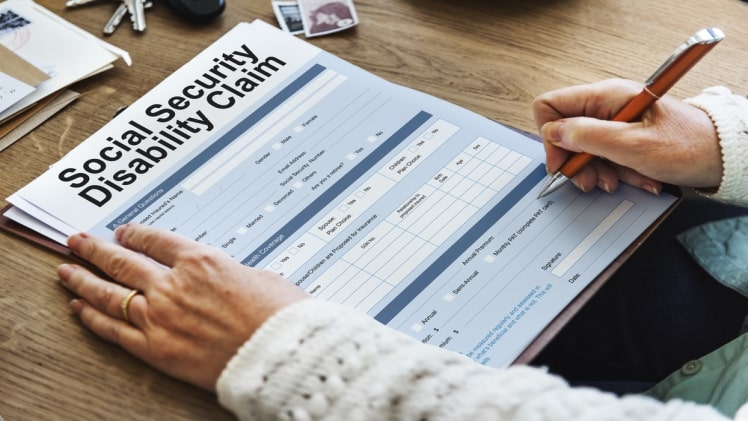How Can Marriage Impact My Social Security Disability Benefits?

If you are currently receiving Social Security benefits based on a disability through the Social Security Disability Insurance (SSDI) program or through Supplemental Security Income (SSI), or if you are planning on applying for one or both of these types of disability benefits, it is important to understand how getting married can affect your circumstances. In short, marriage could affect your ability to receive certain types of disability benefits, particularly SSI benefits when your soon-to-be spouse earns a substantial amount of money. Consider the following information, which clarifies some of the key things you should know about how marriage can impact your disability benefits.
SSDI Benefits Based On Your Own Work Record Will Not Be Affected By Marriage
When you receive SSDI benefits based on your own work record, your benefit amount will not change regardless of whether you are married. Since SSDI benefits are not based on your current income or resources, adding more resources to your household through marriage will not alter your benefit amount.
Ex-Spouse or Widow SSDI Benefits Based on a Spouse’s Record Can Be Impacted By Marriage
Sometimes ex-spouses or widows or widowers receive SSDI benefits based on a former spouse’s work record. While it is lawful for a spouse to receive these benefits in certain circumstances based on the former spouse’s work record, marriage will stop these benefits from coming. An ex-spouse, or a widow or widower, will no longer be eligible for SSDI benefits based on a former spouse’s work record if they remarry.
SSDI Children’s Benefits Can Be Affected by a New Spouse’s Income
Adult children with disabilities can sometimes receive SSDI benefits based on a parent’s earning record. These benefits are considered to be a “children’s benefit,” and these benefits can cease if a Disabled Adult Child (DAC) earns more than $1,350. Accordingly, when a DAC marries, an increase in the household income (based on the new spouse’s earnings) could result in the DAC becoming ineligible for the child’s benefit.
SSI Benefits Could Change After Marriage
As you may already know, Supplemental Security Income benefits eligibility is based on a person’s limited resources. A married couple can still be eligible for SSI benefits because the benefit amount will change from an individual rate to a married couple’s rate, and the calculation will consider whether the benefit is based on the income of a single person or a married couple. The Social Security Administration clarifies that an individual must have unearned income of $861 per month or less for SSI eligibility in 2022, while a married couple must have unearned income of less than $1,281 a month in 2022. For earned income, an individual cannot earn more than $1,767 per month, and a couple cannot earn more than $2,607 per month.
In addition, as the SSA clarifies, it will “reduce the base SSI payment by one-third if a person or couple is living in another person’s home and getting food and shelter from that person.” Accordingly, even if you do not get married but move into a partner’s home and receive food and shelter, your SSI benefit could still be reduced.’
If you have questions about how marriage could impact your disability benefits, you should find a lawyer who can assist you.
